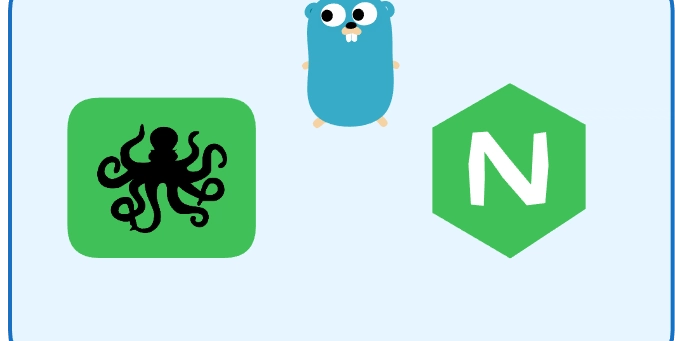MCP: The USB-C for AI Integration
What is MCP? Model Context Protocol (MCP) is an open standard developed by Anthropic that acts like a universal connector for AI systems. It enables large language models (LLMs) and other AI tools to seamlessly interact with external tools, applications, and data sources—much like how USB-C works across devices. Why Was MCP Introduced? Before MCP, AI models required custom-built integrations for every new tool or data source. This led to: Time-consuming development Inconsistent performance Poor scalability MCP addresses these issues by introducing a standardized protocol that simplifies and unifies how AI systems connect to external services. How MCP Works MCP uses a client-server architecture: MCP Clients: These are AI applications or interfaces that initiate requests. MCP Servers: Lightweight modules that expose specific capabilities, such as database access, API connections, or file handling. When an AI model needs information or needs to perform an action, it sends a structured request through the MCP client. The server processes it, interacts with the appropriate system, and returns the result to the AI model. Real-World Applications Several leading AI companies have already integrated MCP: Replit: Enhancing AI developer tools Codeium: Smart code completion Sourcegraph: Codebase analysis and navigation Using MCP, an AI agent can directly interact with tools like GitHub—creating repositories, generating pull requests, and managing issues—all using a universal protocol. Benefits of MCP Feature Description Standardization A single protocol to integrate multiple tools and data sources Flexibility Easily switch between AI models or back-end tools Security Secure data handling and communications Efficiency Faster development with reusable, consistent integration pathways Conclusion MCP represents a major advancement in how AI systems interface with the digital world. By providing a universal, efficient, and secure integration layer, it eliminates fragmentation and accelerates innovation. As AI continues to evolve, open standards like MCP will play a vital role in enabling more powerful, connected, and intelligent applications. Visit the official MCP website to learn more.
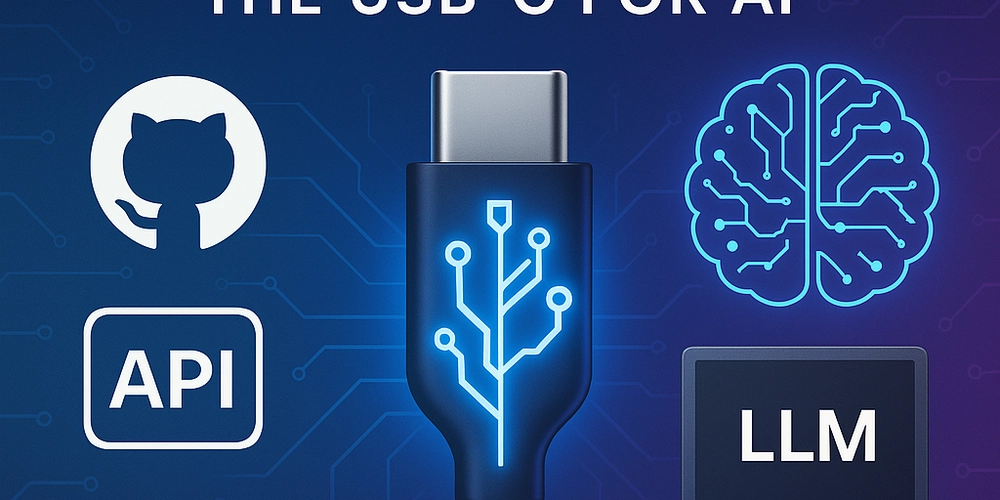
What is MCP?
Model Context Protocol (MCP) is an open standard developed by Anthropic that acts like a universal connector for AI systems. It enables large language models (LLMs) and other AI tools to seamlessly interact with external tools, applications, and data sources—much like how USB-C works across devices.
Why Was MCP Introduced?
Before MCP, AI models required custom-built integrations for every new tool or data source. This led to:
- Time-consuming development
- Inconsistent performance
- Poor scalability
MCP addresses these issues by introducing a standardized protocol that simplifies and unifies how AI systems connect to external services.
How MCP Works
MCP uses a client-server architecture:
- MCP Clients: These are AI applications or interfaces that initiate requests.
- MCP Servers: Lightweight modules that expose specific capabilities, such as database access, API connections, or file handling.
When an AI model needs information or needs to perform an action, it sends a structured request through the MCP client. The server processes it, interacts with the appropriate system, and returns the result to the AI model.
Real-World Applications
Several leading AI companies have already integrated MCP:
- Replit: Enhancing AI developer tools
- Codeium: Smart code completion
- Sourcegraph: Codebase analysis and navigation
Using MCP, an AI agent can directly interact with tools like GitHub—creating repositories, generating pull requests, and managing issues—all using a universal protocol.
Benefits of MCP
| Feature | Description |
|---|---|
| Standardization | A single protocol to integrate multiple tools and data sources |
| Flexibility | Easily switch between AI models or back-end tools |
| Security | Secure data handling and communications |
| Efficiency | Faster development with reusable, consistent integration pathways |
Conclusion
MCP represents a major advancement in how AI systems interface with the digital world. By providing a universal, efficient, and secure integration layer, it eliminates fragmentation and accelerates innovation. As AI continues to evolve, open standards like MCP will play a vital role in enabling more powerful, connected, and intelligent applications.
Visit the official MCP website to learn more.
















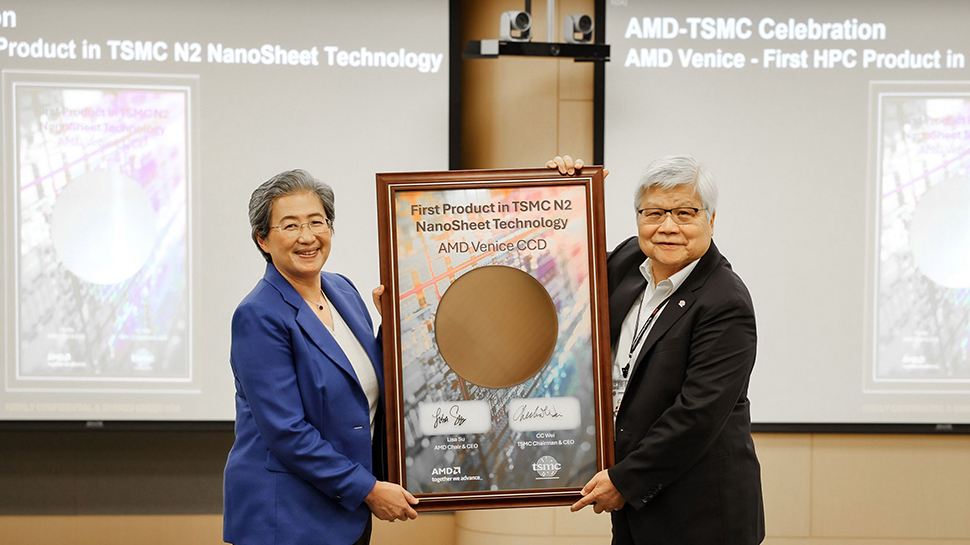
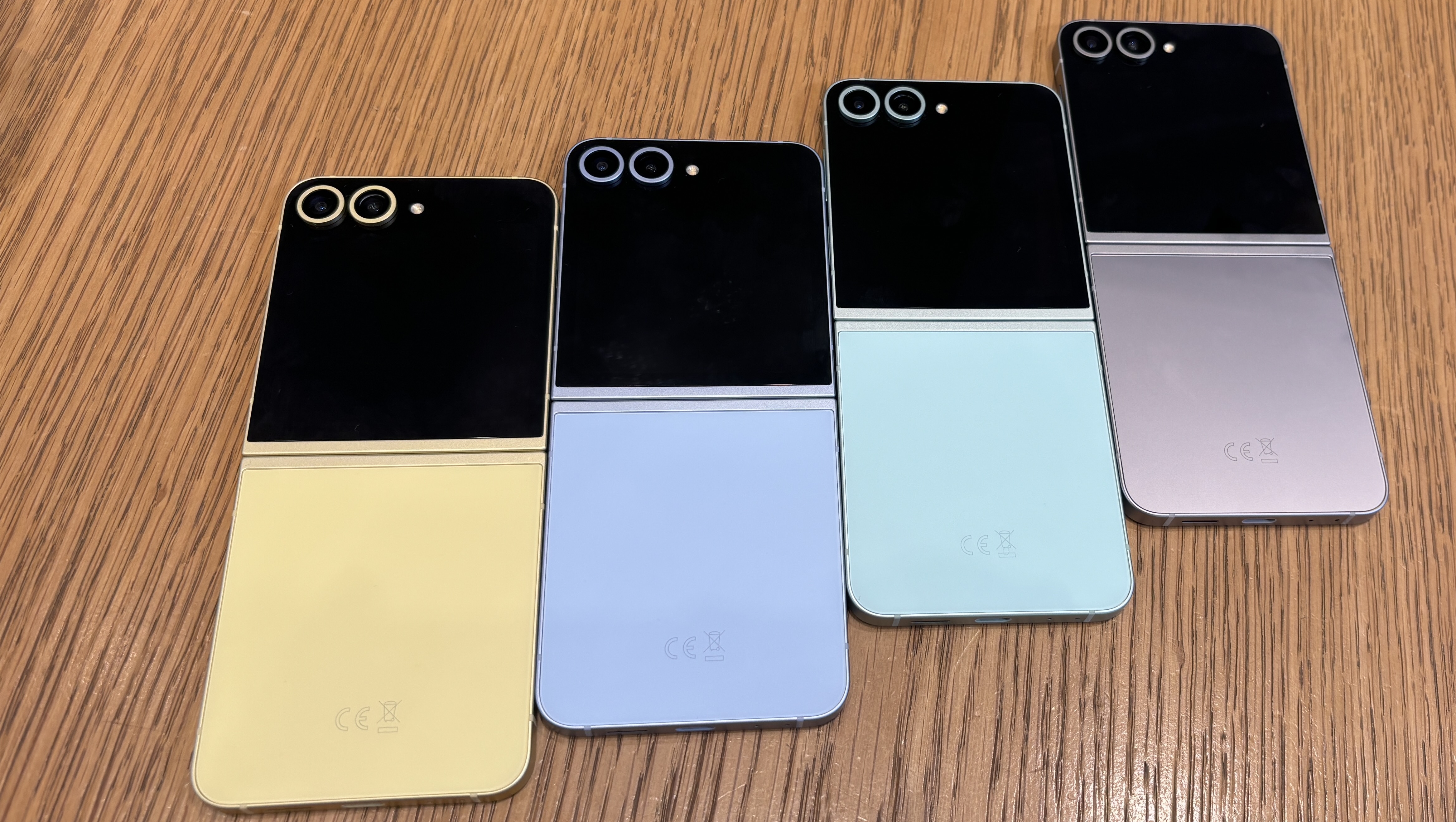
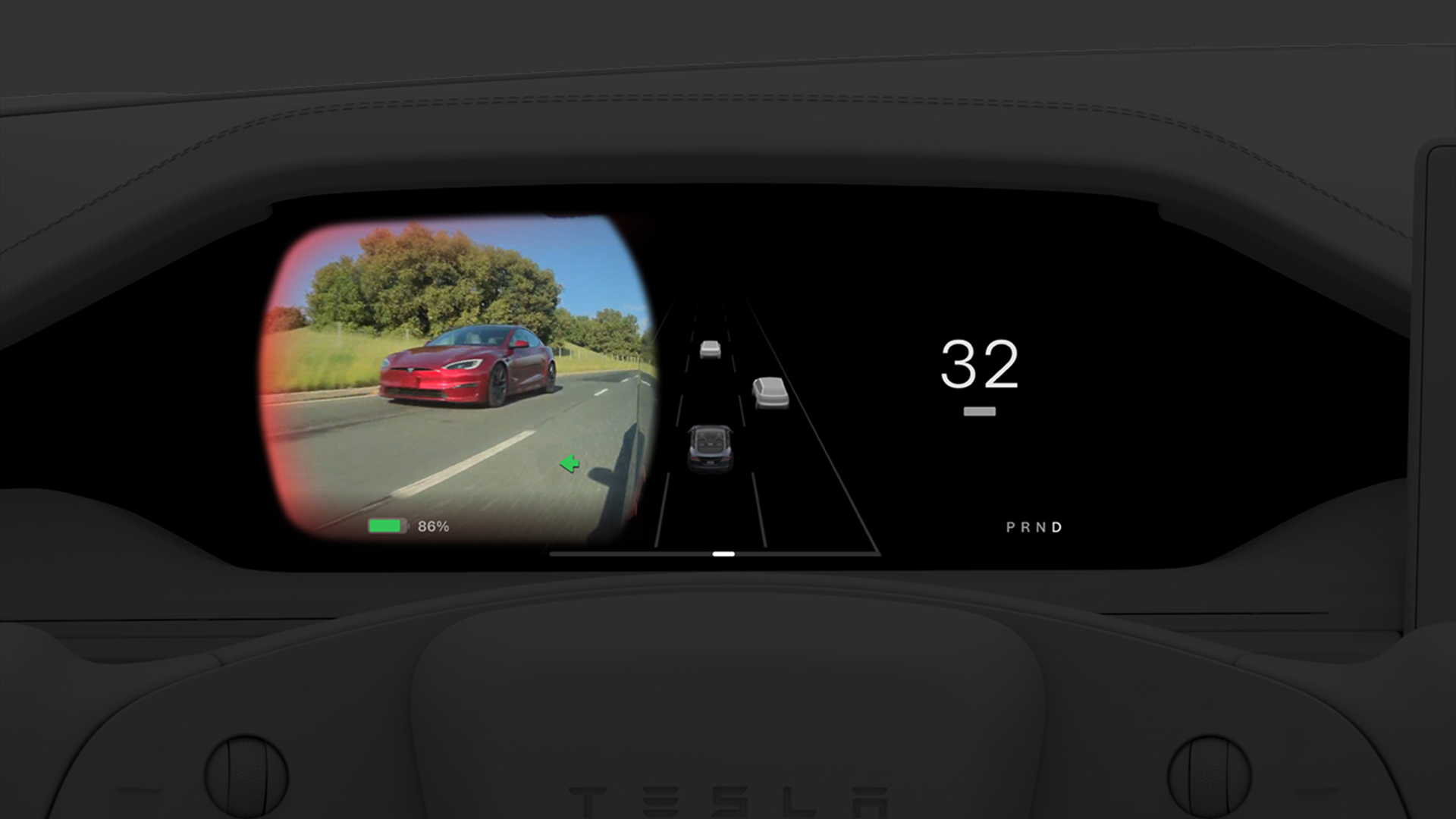




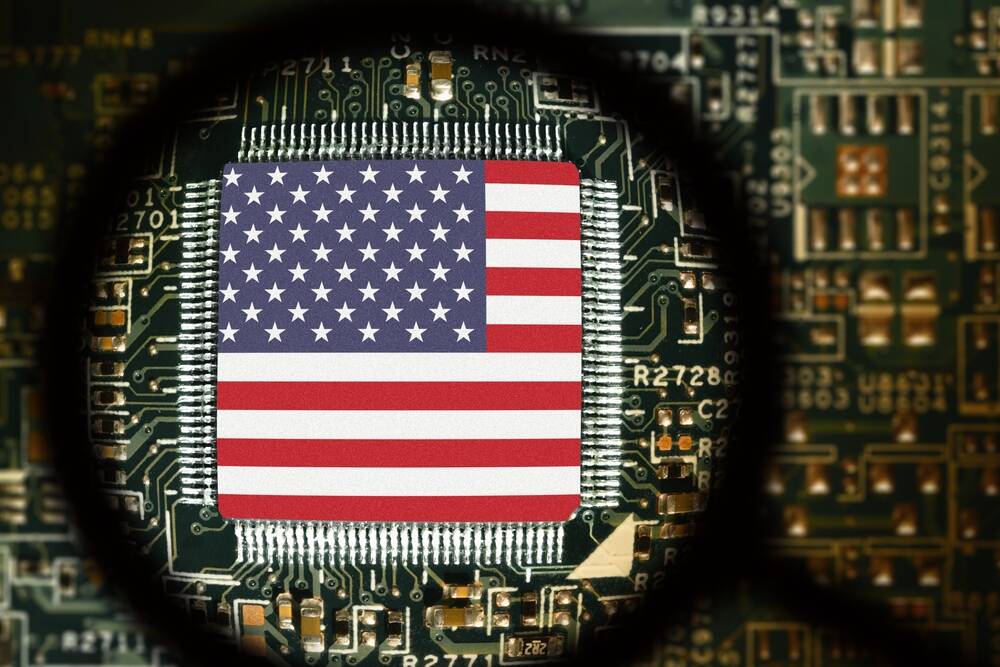


















































































































































![[The AI Show Episode 144]: ChatGPT’s New Memory, Shopify CEO’s Leaked “AI First” Memo, Google Cloud Next Releases, o3 and o4-mini Coming Soon & Llama 4’s Rocky Launch](https://www.marketingaiinstitute.com/hubfs/ep%20144%20cover.png)
















































































































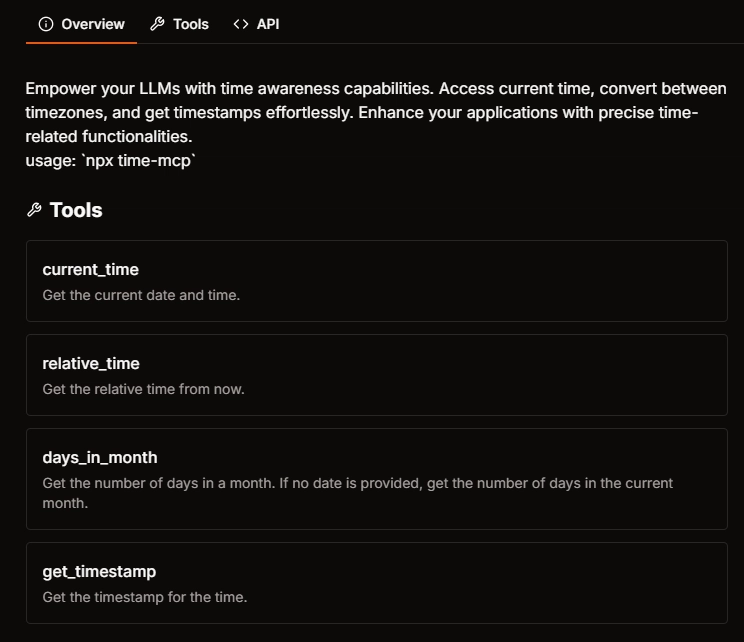
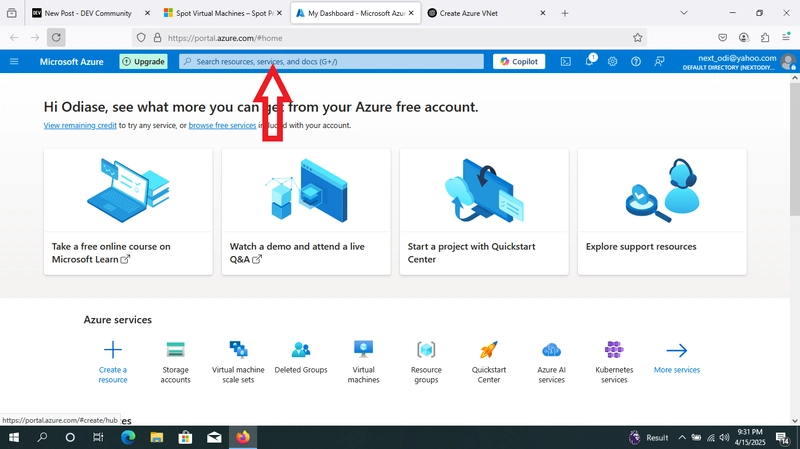






























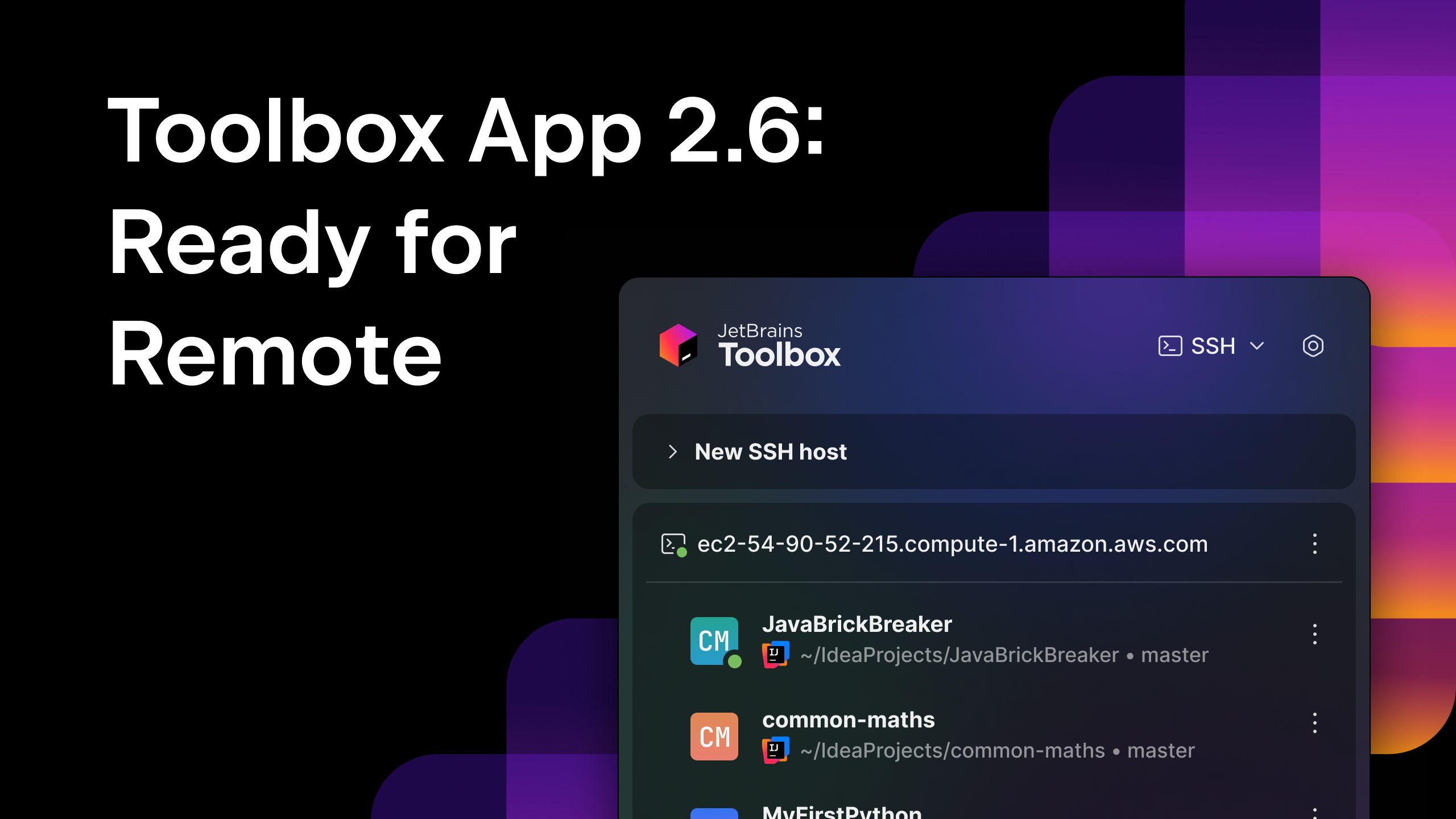





















































![Blue Archive tier list [April 2025]](https://media.pocketgamer.com/artwork/na-33404-1636469504/blue-archive-screenshot-2.jpg?#)






























.png?#)











-Baldur’s-Gate-3-The-Final-Patch---An-Animated-Short-00-03-43.png?width=1920&height=1920&fit=bounds&quality=70&format=jpg&auto=webp#)












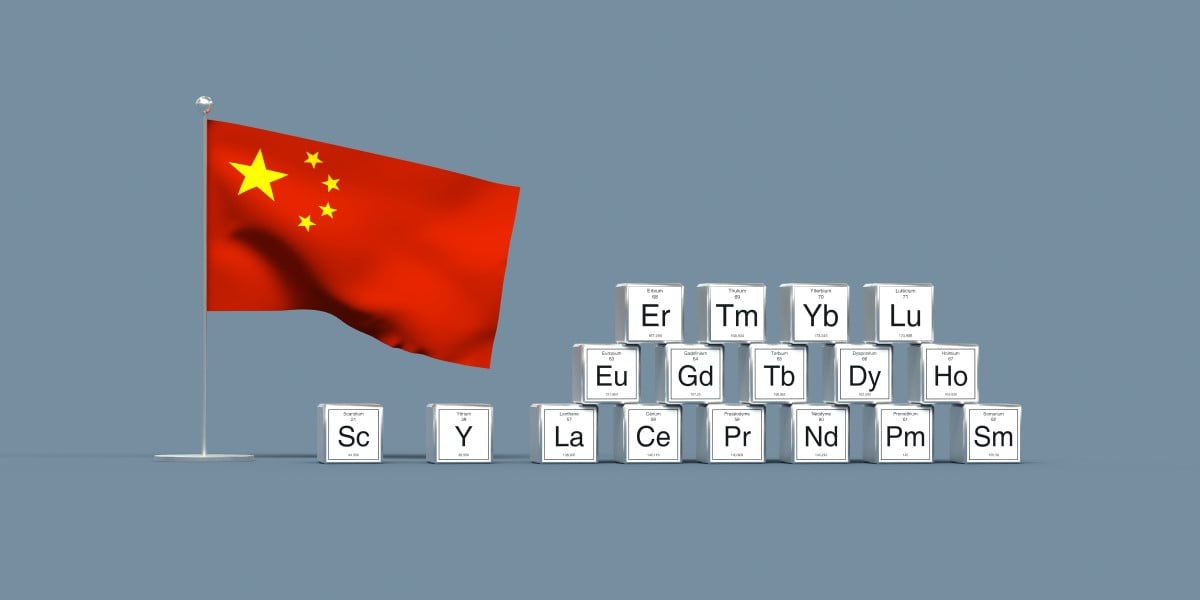










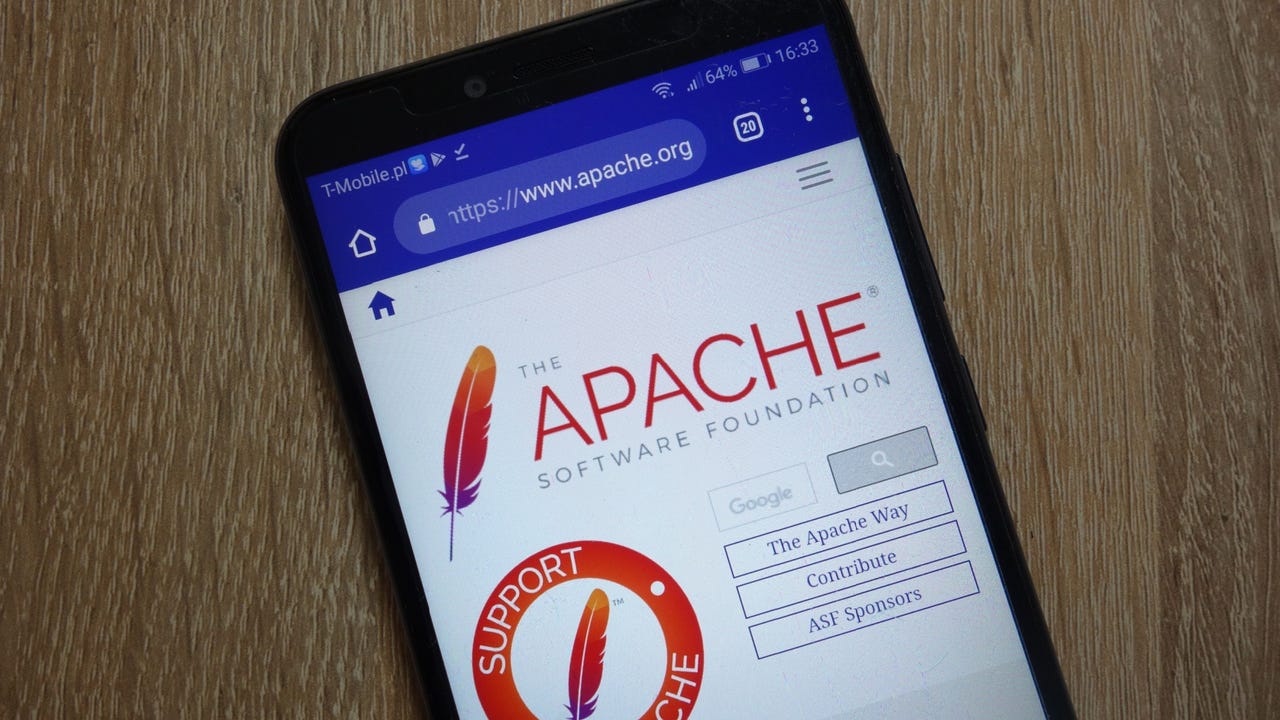




















































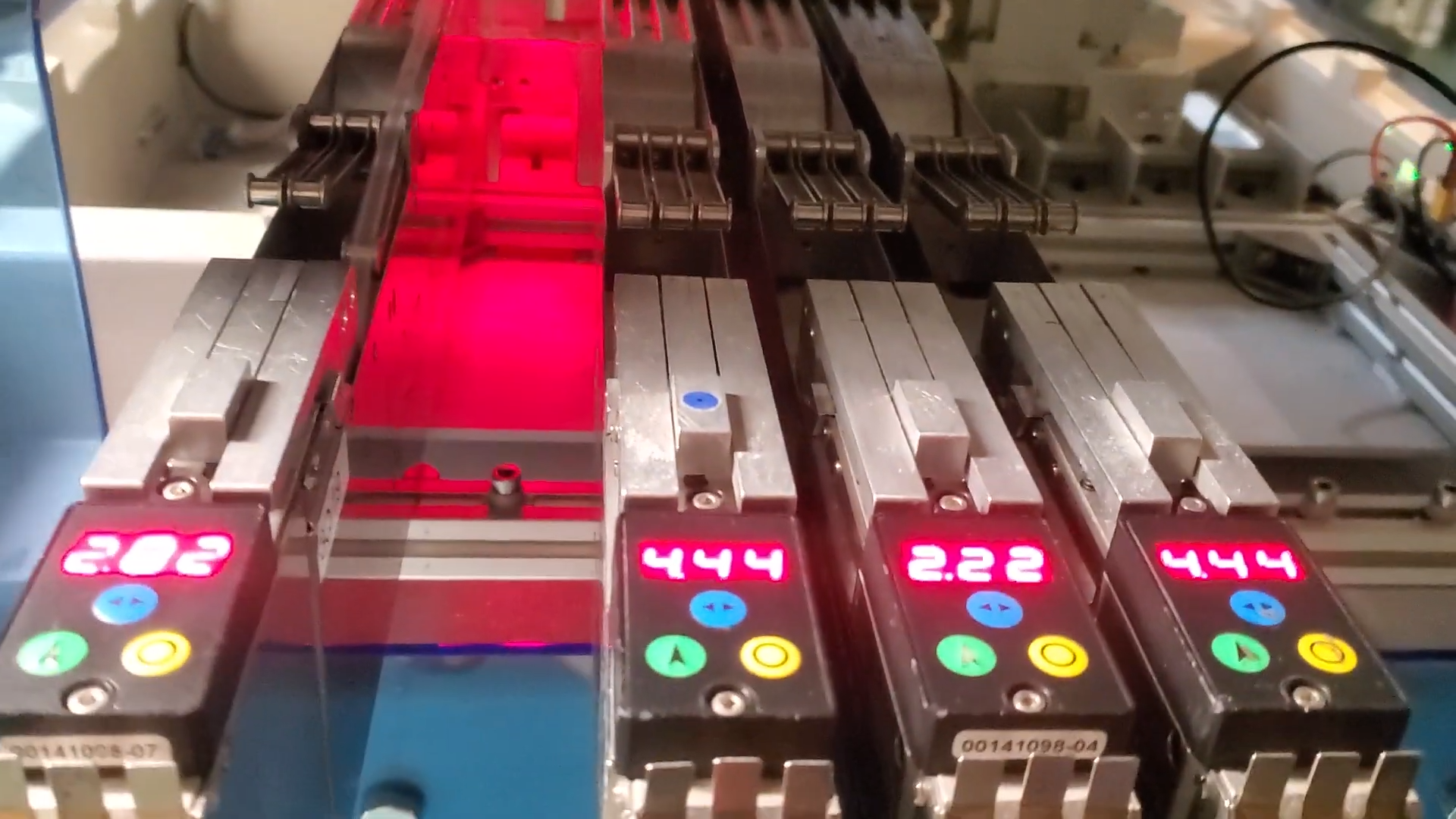

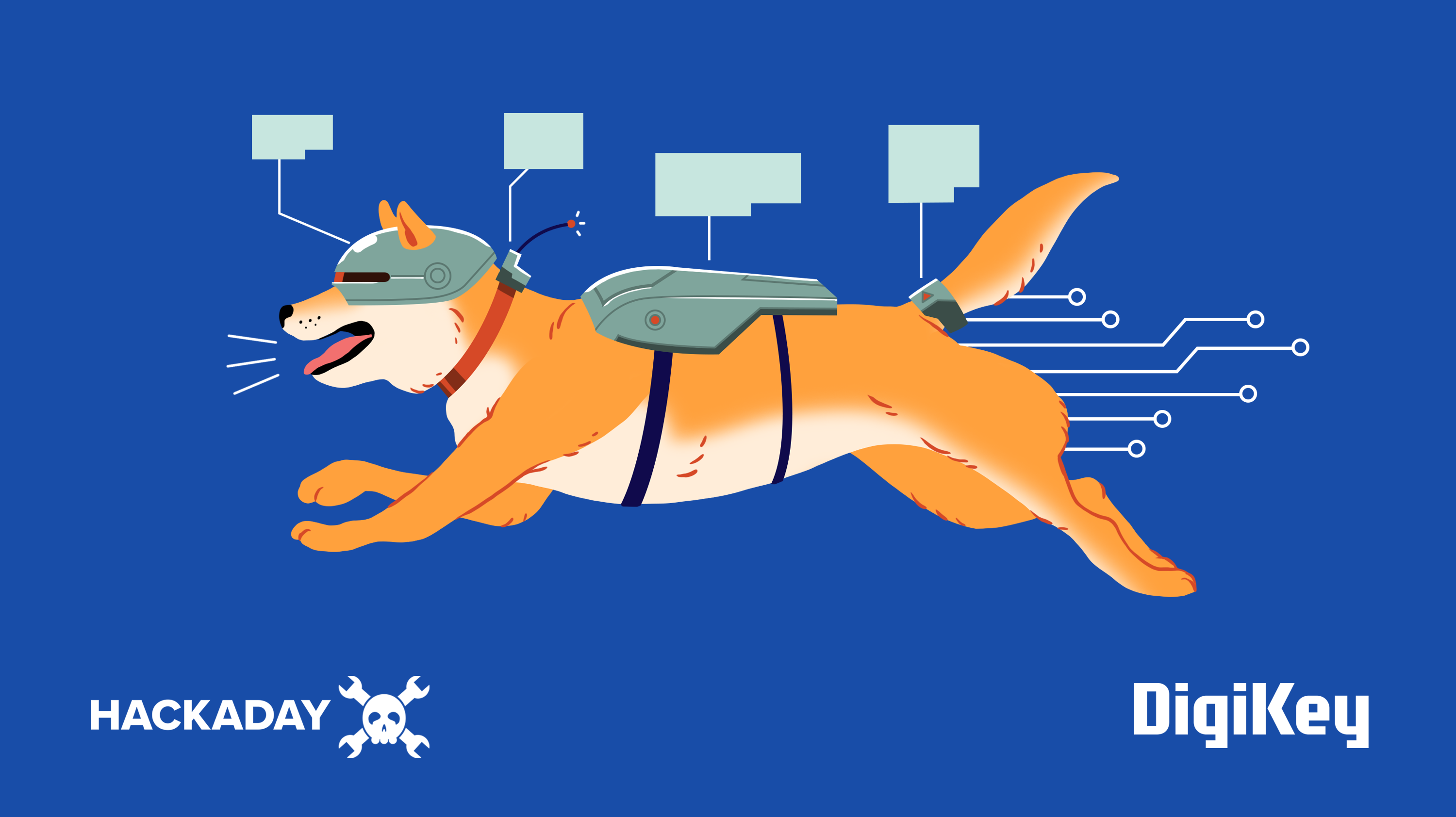





















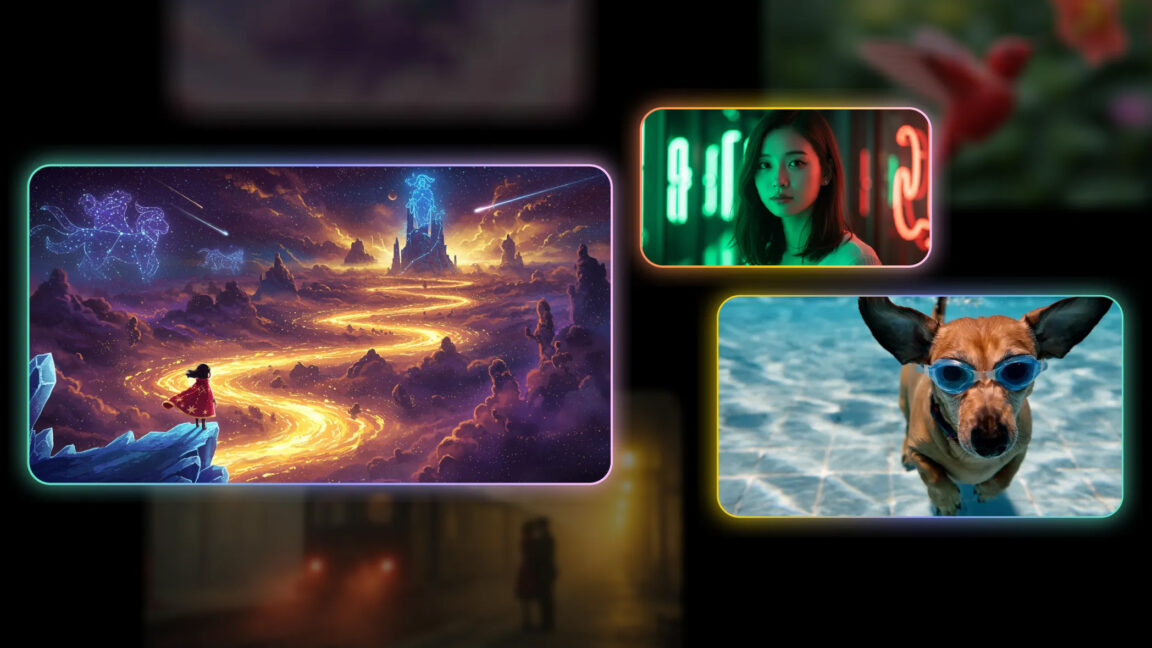

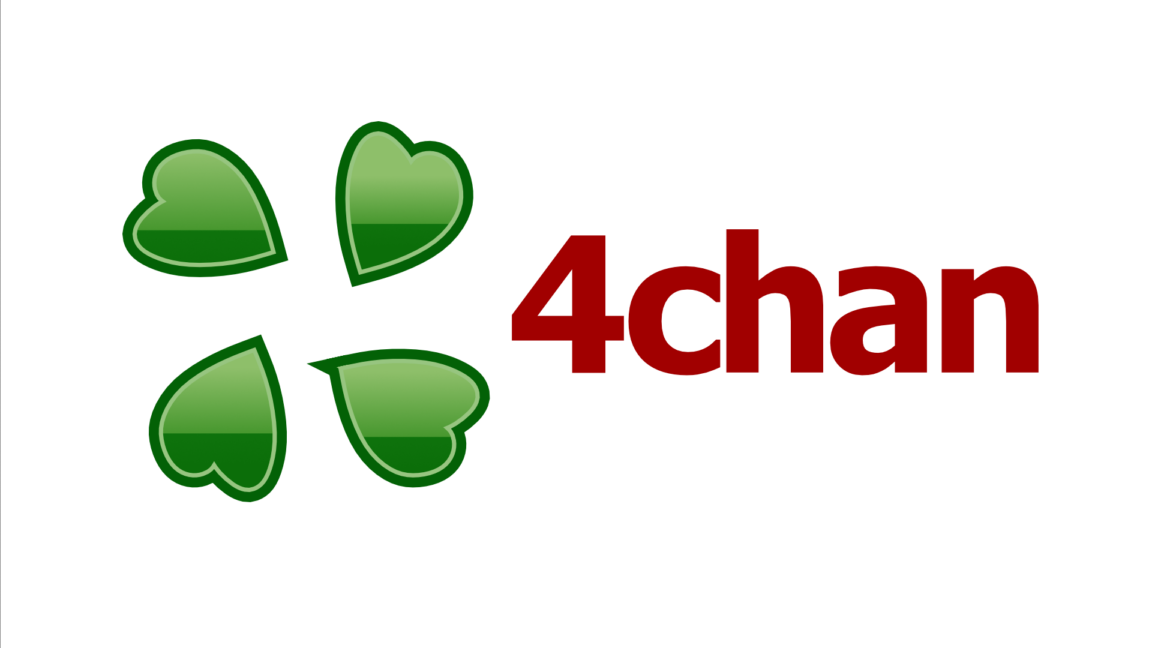





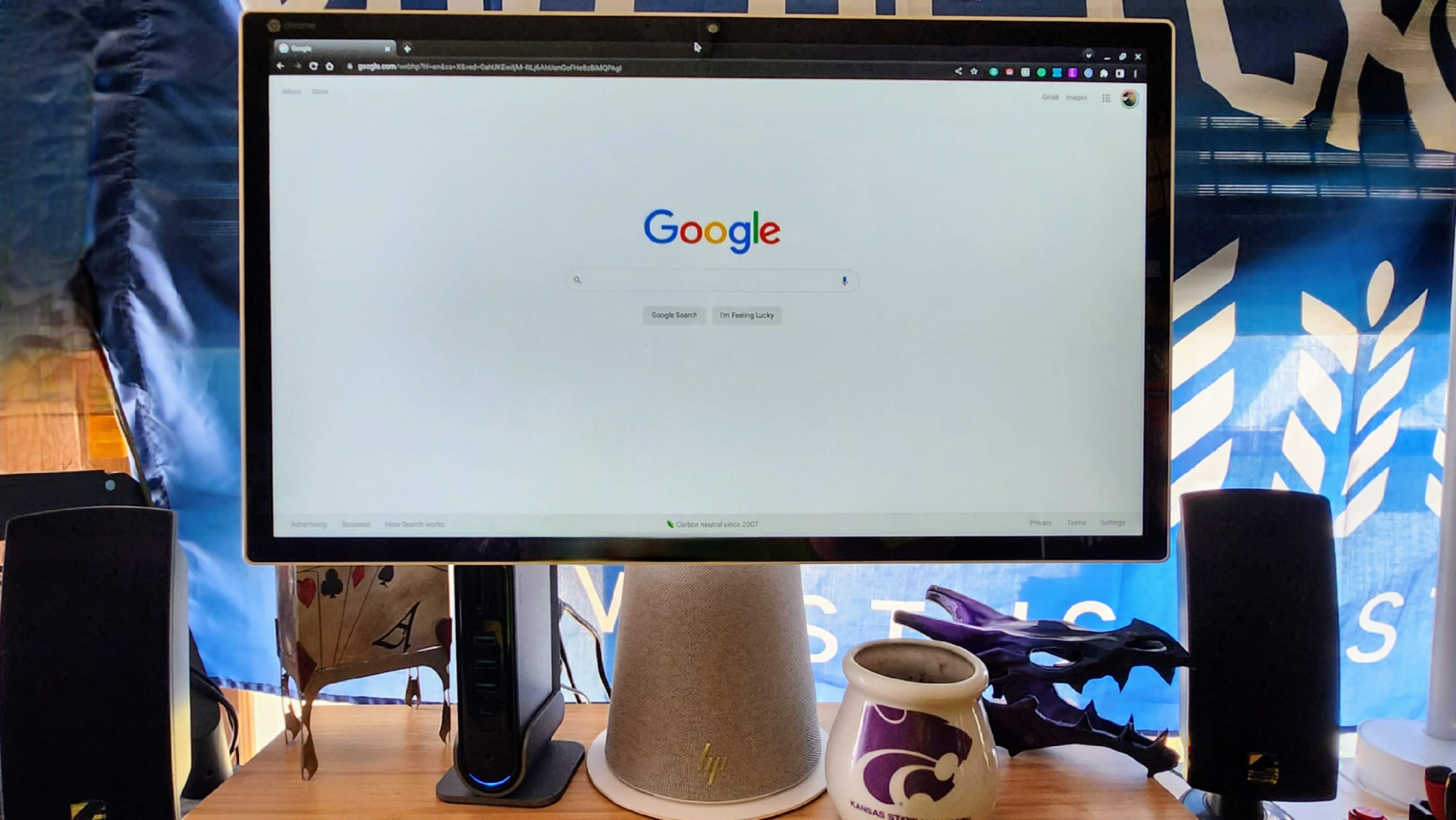
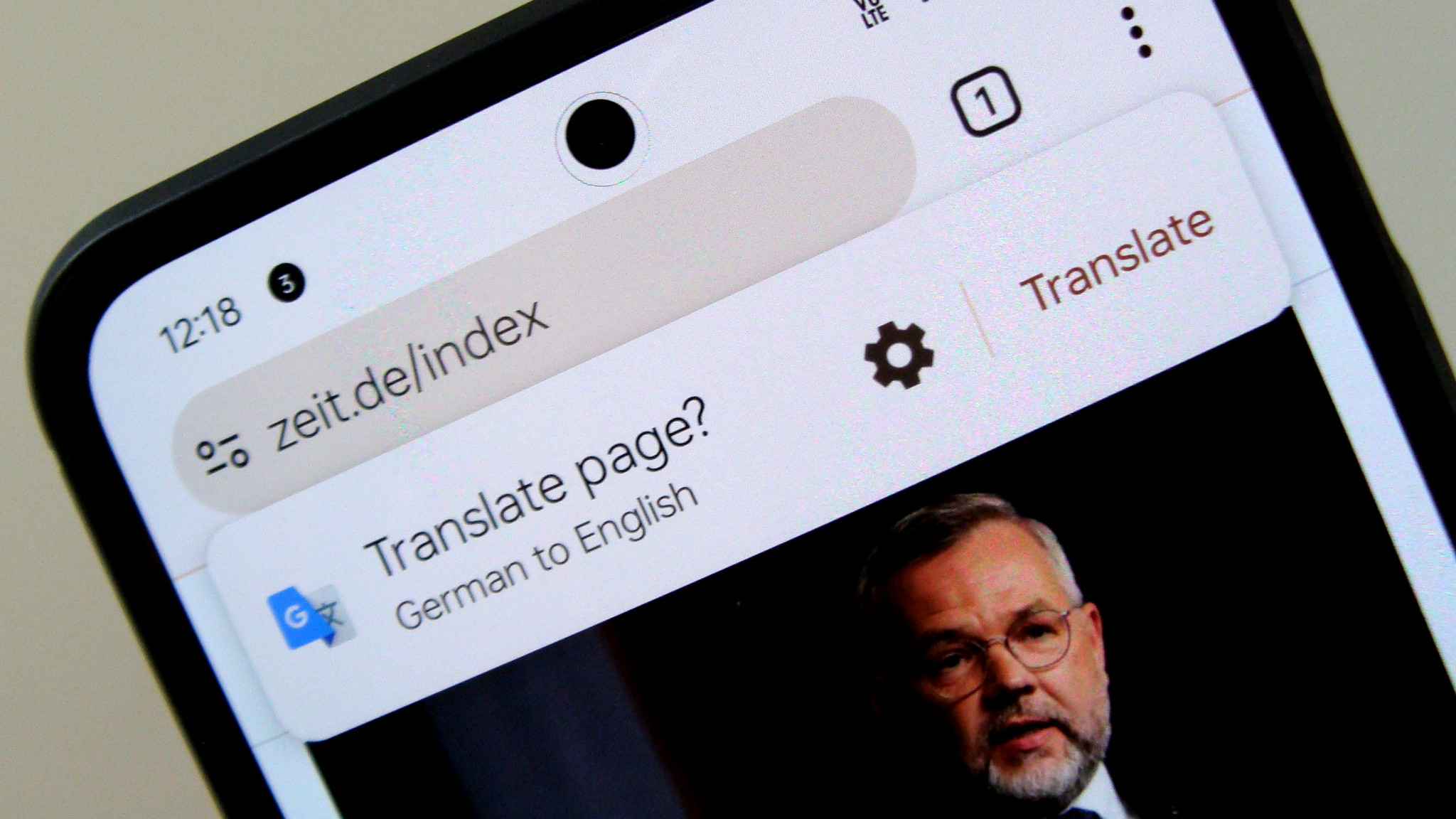
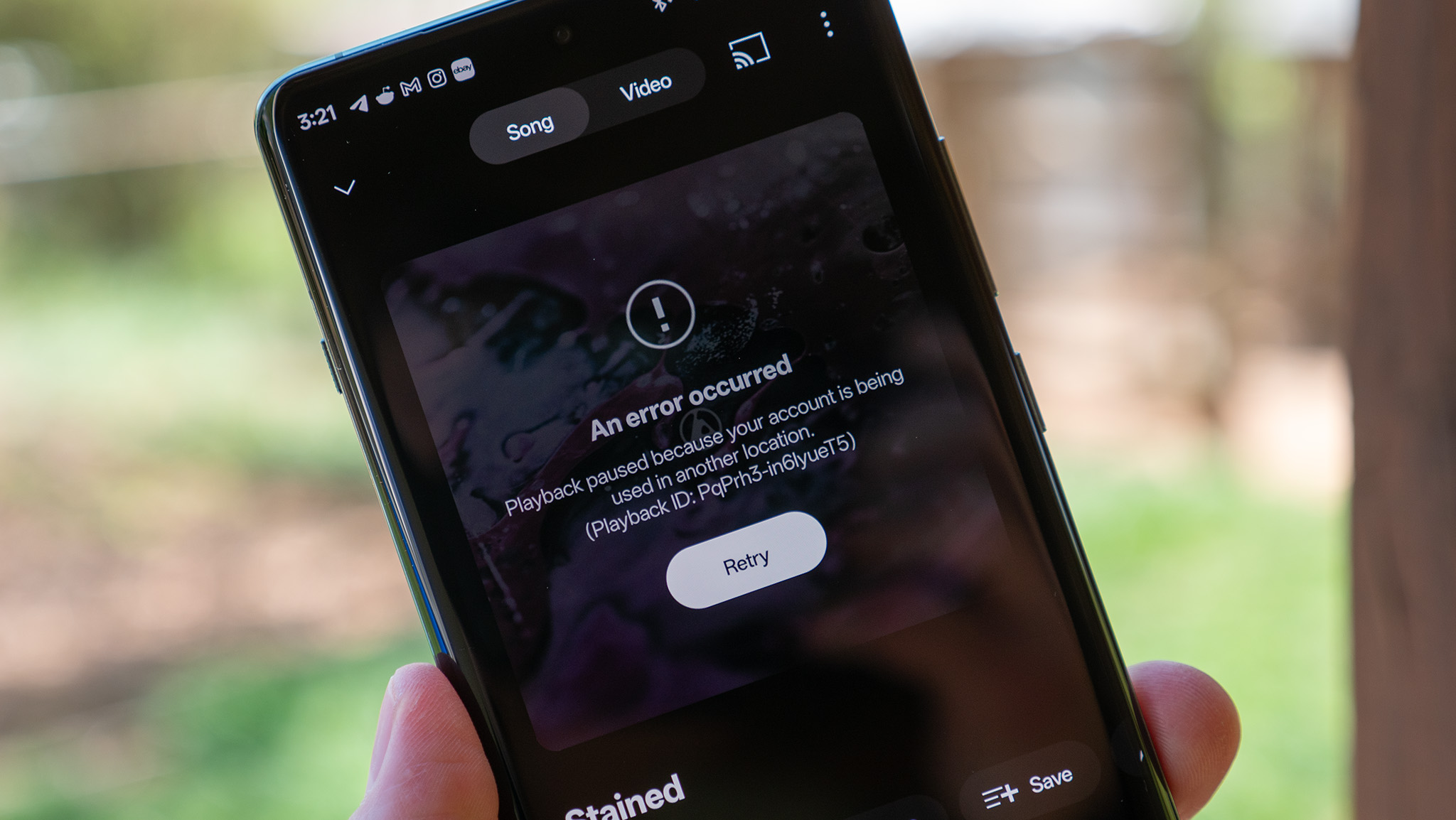
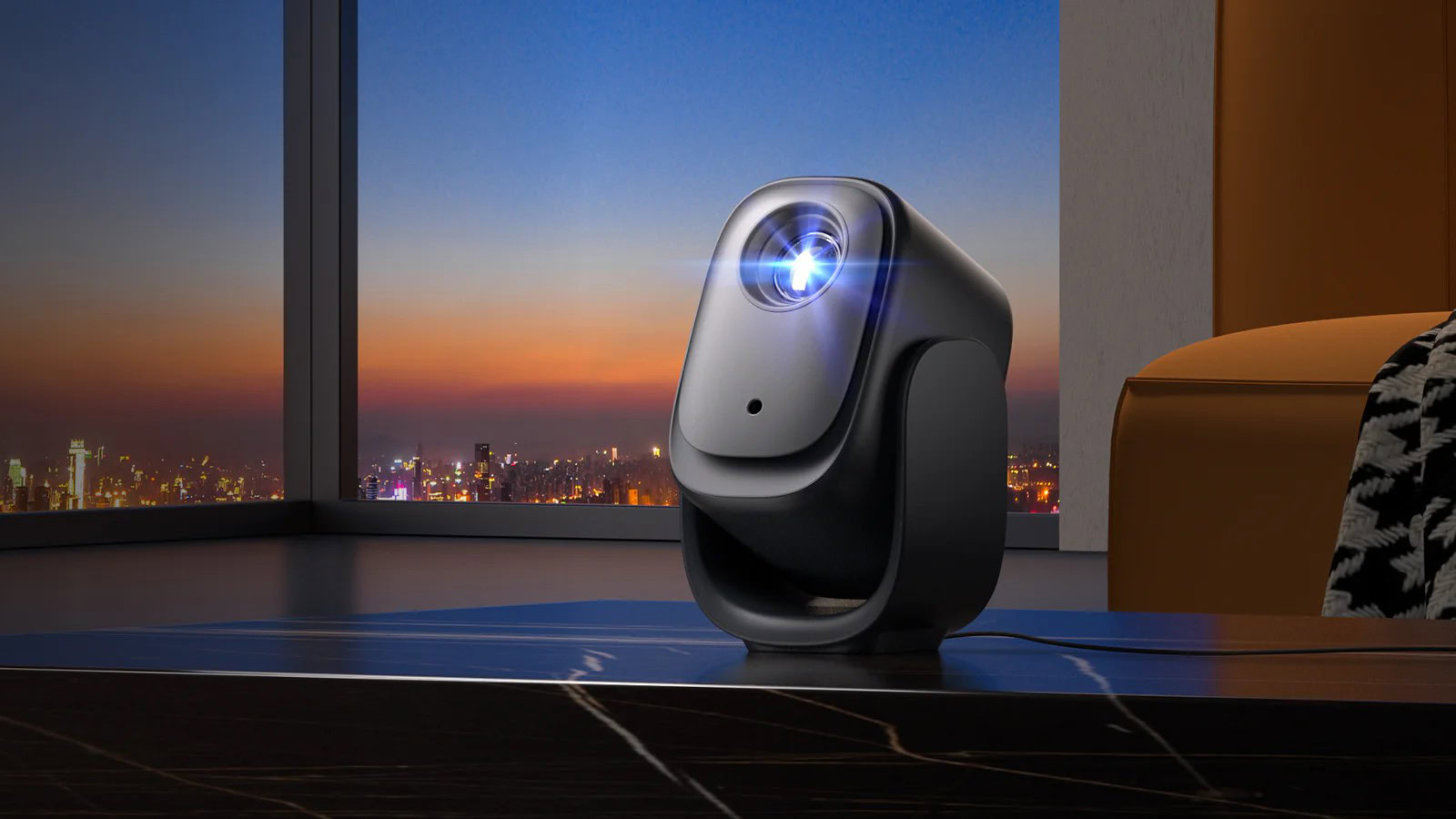
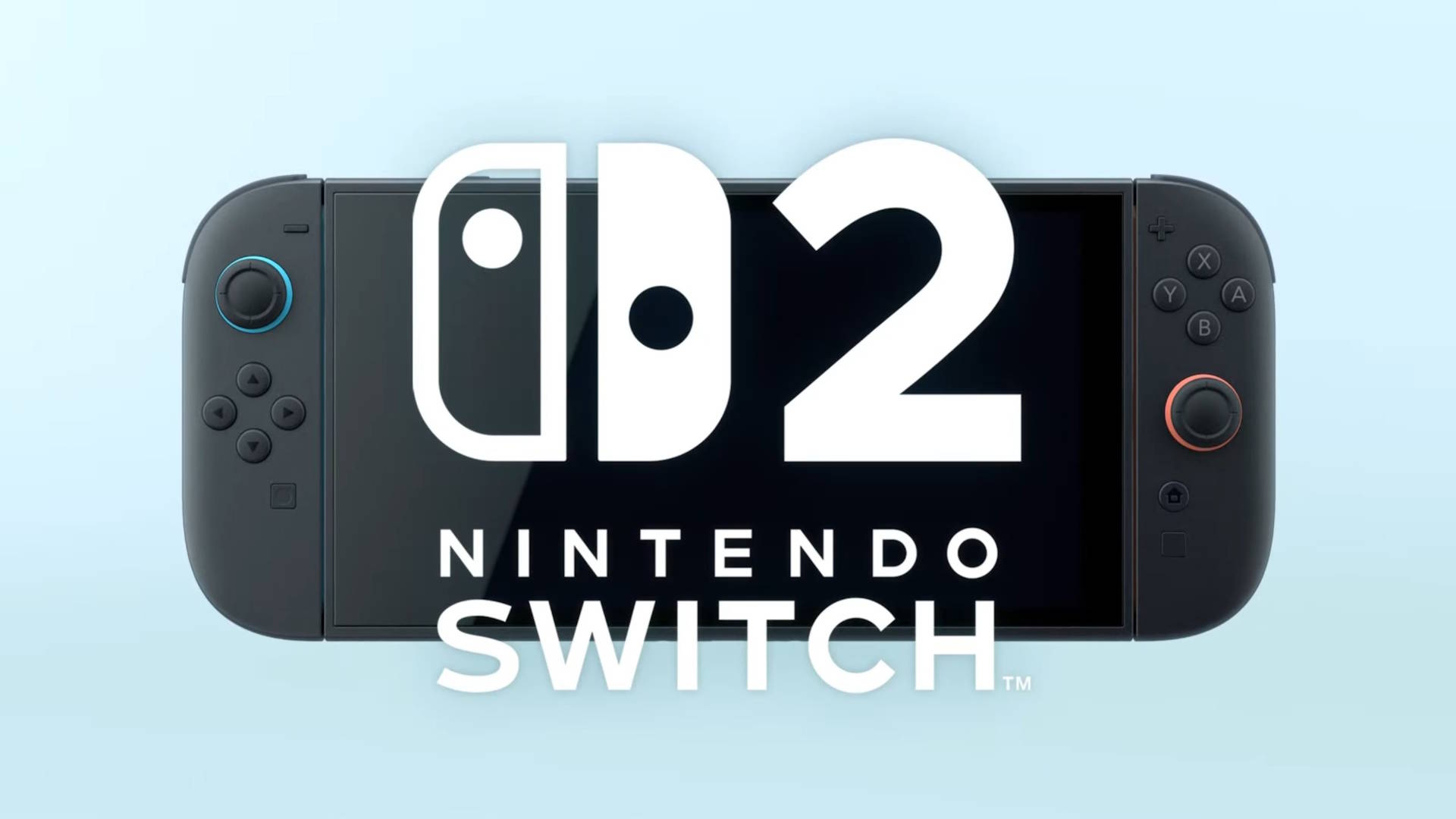



















![Apple's Foldable iPhone May Cost Between $2100 and $2300 [Rumor]](https://www.iclarified.com/images/news/97028/97028/97028-640.jpg)
![Apple Releases Public Betas of iOS 18.5, iPadOS 18.5, macOS Sequoia 15.5 [Download]](https://www.iclarified.com/images/news/97024/97024/97024-640.jpg)
![Apple to Launch In-Store Recycling Promotion Tomorrow, Up to $20 Off Accessories [Gurman]](https://www.iclarified.com/images/news/97023/97023/97023-640.jpg)
















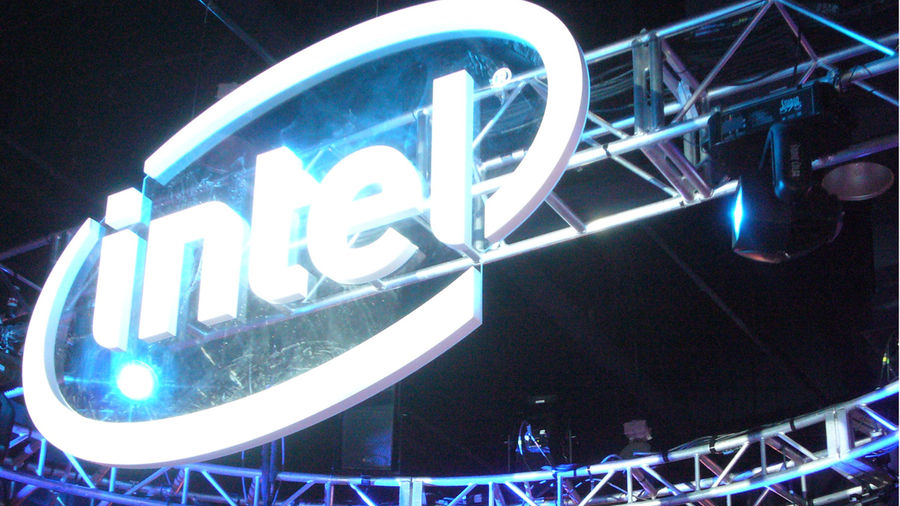
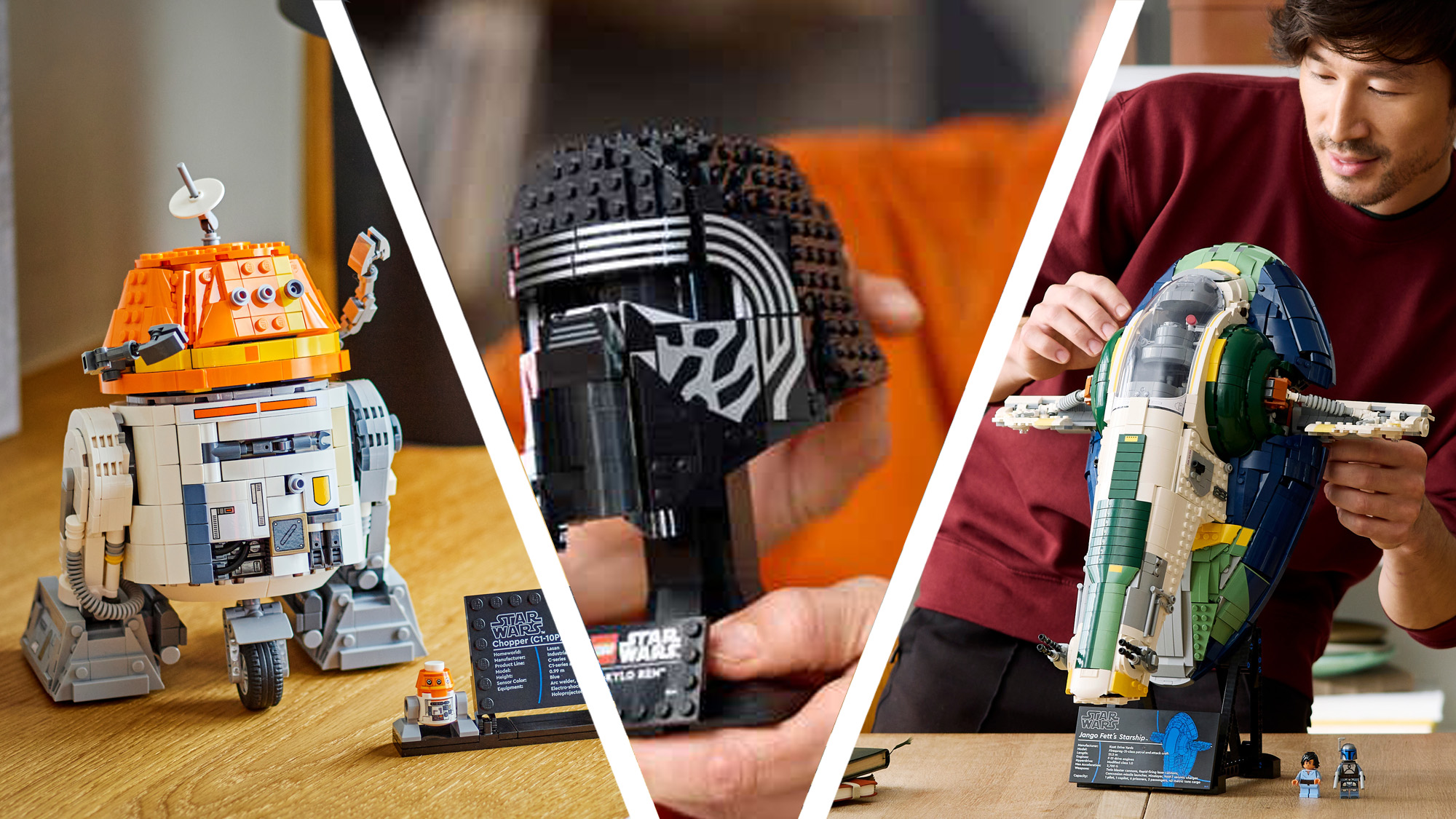

































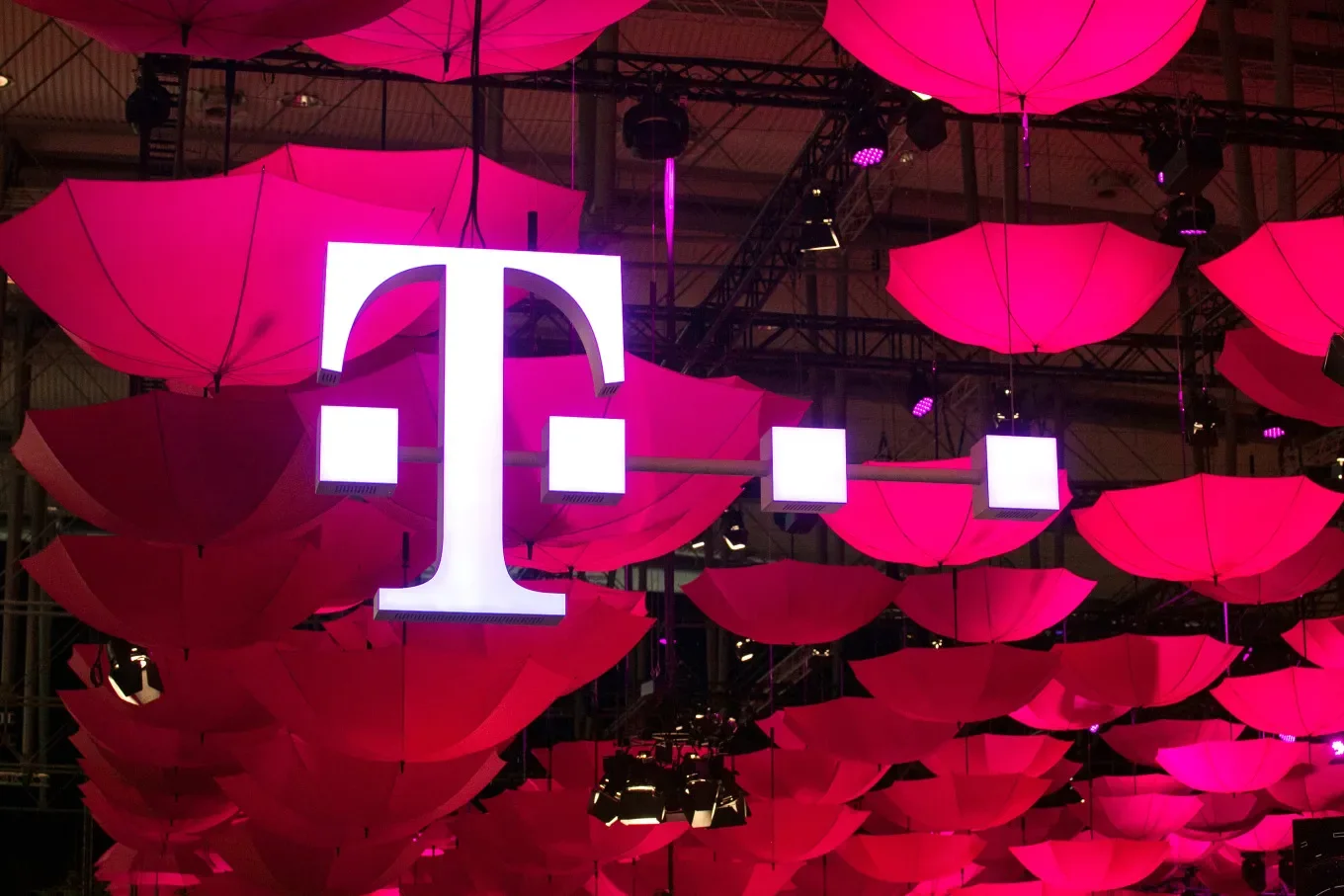
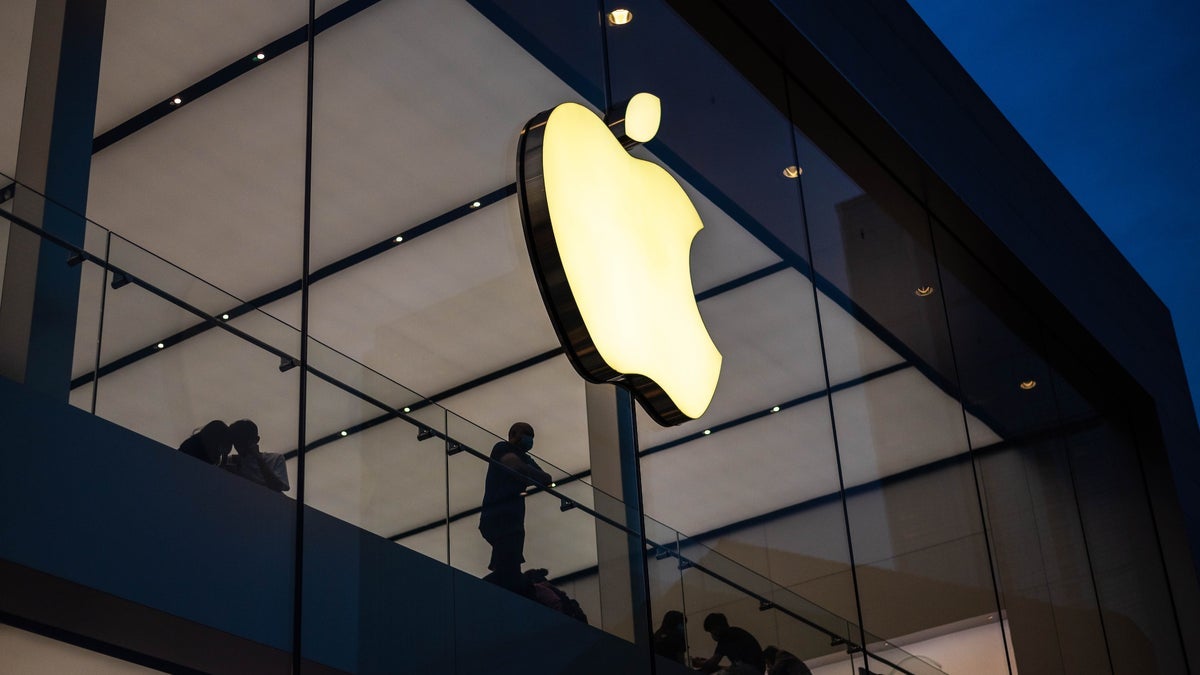
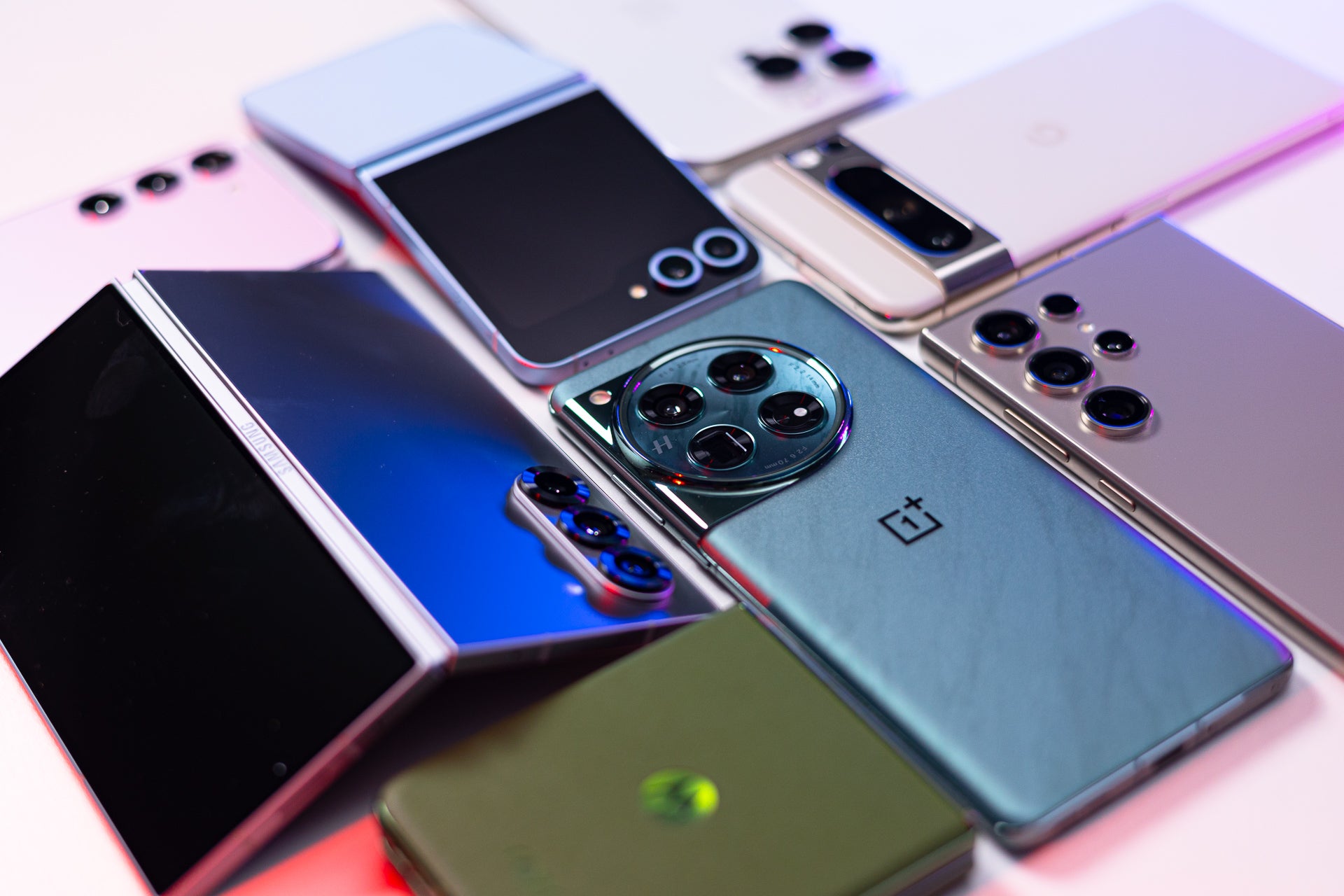

























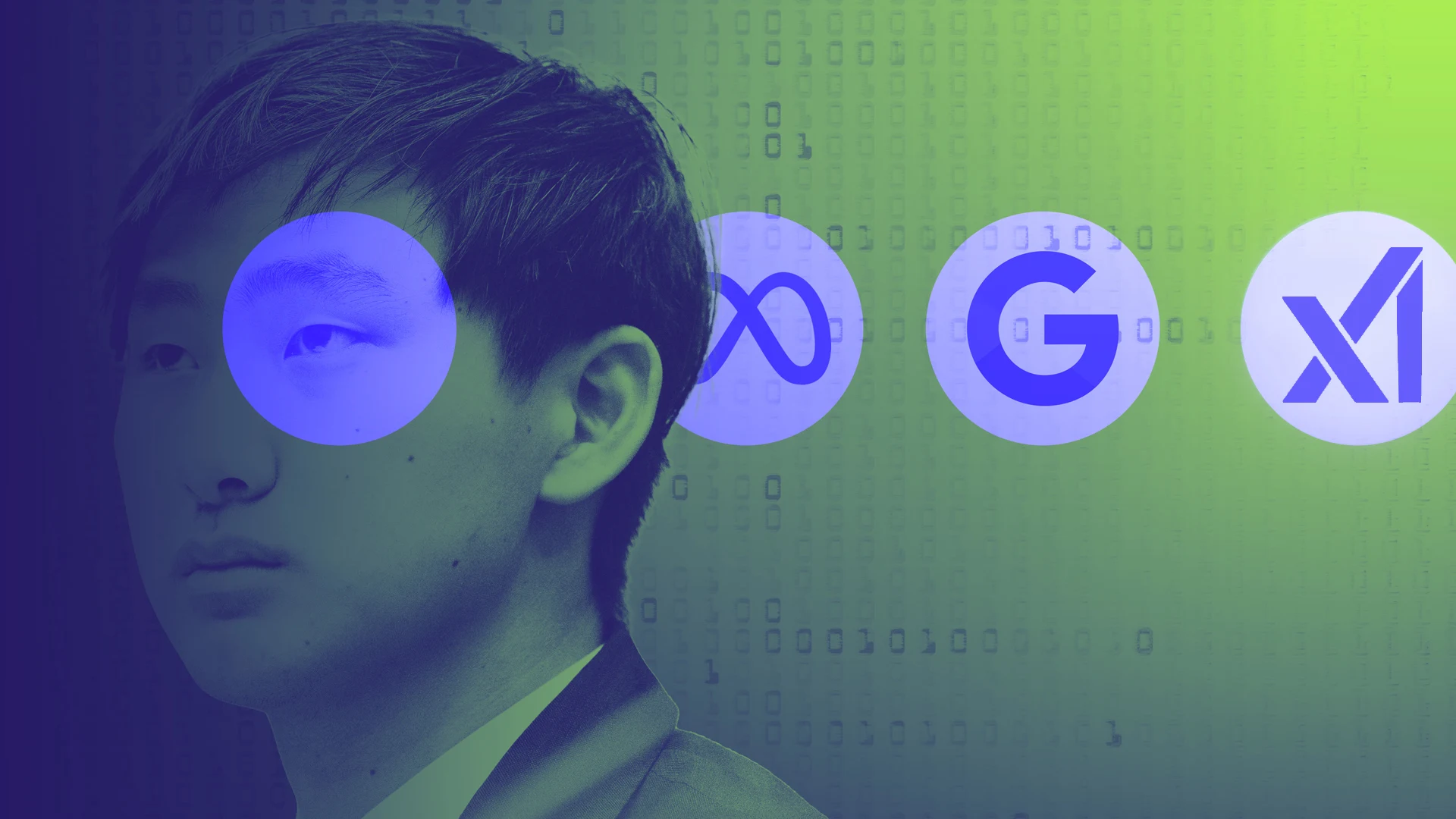












































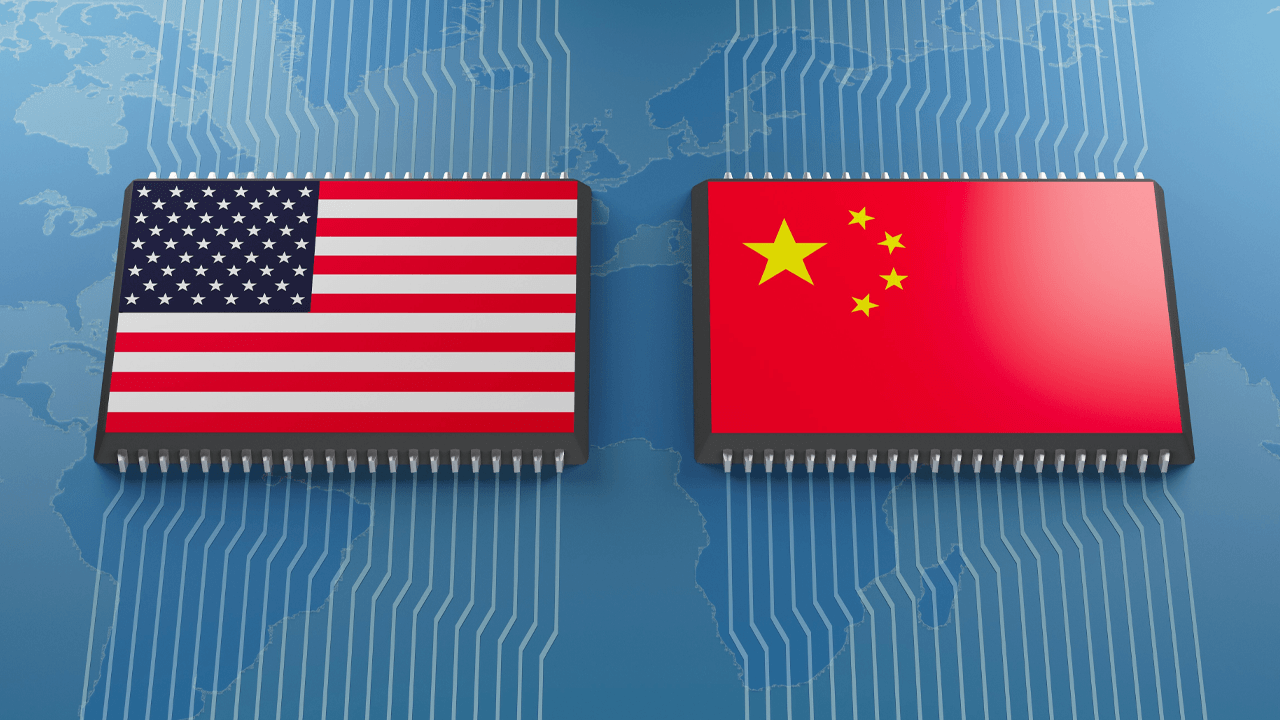




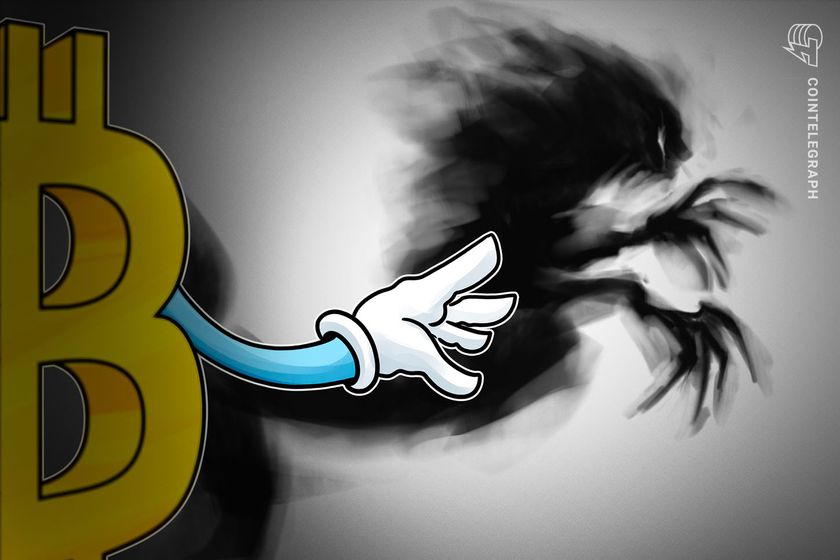


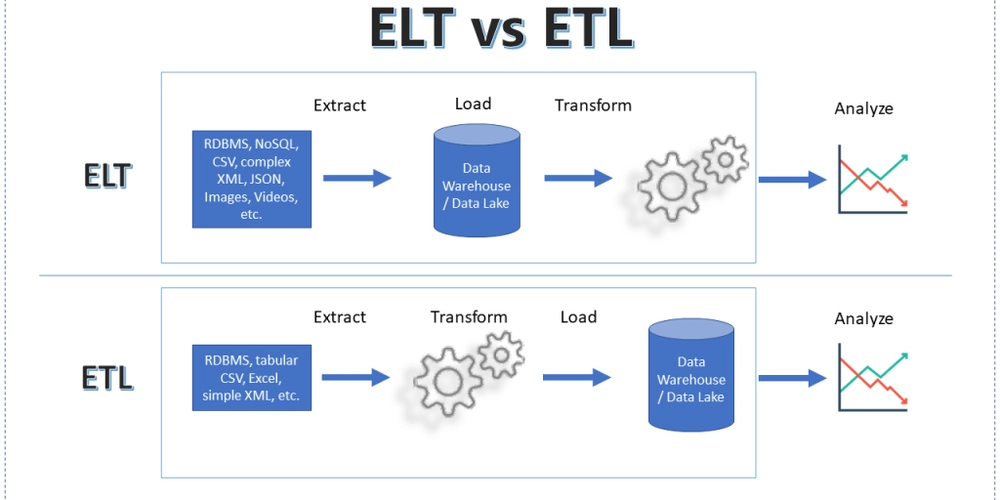
![[EN] How Angular 15+ Marked a Major Shift in the Framework’s Evolution](https://media2.dev.to/dynamic/image/width=800%2Cheight=%2Cfit=scale-down%2Cgravity=auto%2Cformat=auto/https%3A%2F%2Fdev-to-uploads.s3.amazonaws.com%2Fuploads%2Farticles%2F6zl7m5pyl1urovamri0v.jpg)
